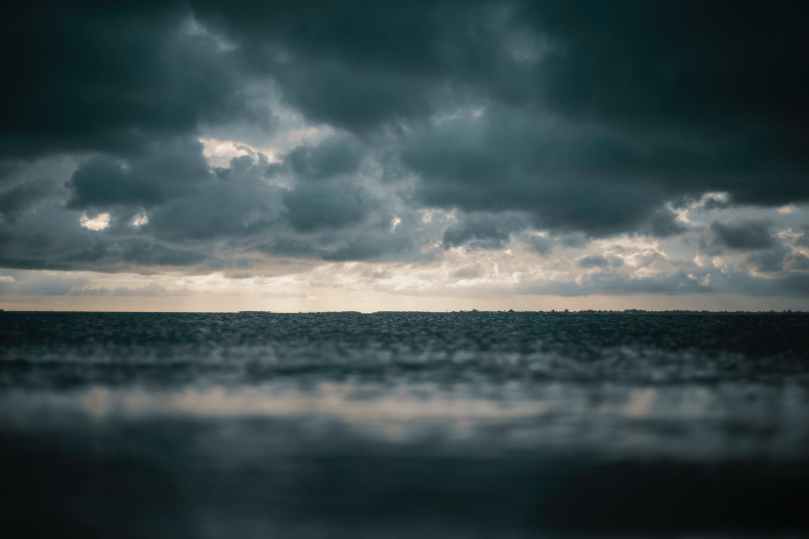
I know it doesn’t sound very spiritual to have a favorite book of the Bible, but the Psalms are my favorite. This ancient hymnbook connects me to the generations who came before me: the Israelites, Jesus and the apostles, the early Church…Though the languages differ, the words are the same. And oh, it’s beautiful! Not a pristine beauty—a raw, messy, and wild kind of beauty.
I cry aloud to God,
aloud to God, and he will hear me.
In the day of my trouble I see the Lord;
in the night my hand is stretched out without wearying;
my soul refuses to be comforted.
When I remember God, I moan;
when I meditate, my spirit faints. Selah
You hold my eyelids open;
I am so troubled that I cannot speak.
I consider the days of old,
the years long ago.
I said, “Let me remember my song in the night;
let me meditate in my heart.”
Then my spirit made a diligent search:
“Will the Lord spurn me forever,
and never again be favorable?
Has his steadfast love forever ceased?
Are his promises at an end for all time?
Has God forgotten to be gracious?
Has he in anger shut up his compassion? Selah
(Psalm 77:1-9, ESV)
These aren’t pretty words with which to adorn your house or sing in a peppy worship song. These are words of deep suffering. They articulate tough, theological questions about God, the kind of questions that feel too irreverent to ask, but unrelentingly nag at our souls when we’re in the thick of desperation.
God, where are You?
Can You hear me?
Have You forgotten me?
Did You stop loving me?
Have you stopped being the gracious and compassionate God I thought You were?
Seeking God doesn’t mean you’ll be shielded from suffering or that you’ll feel optimistic in dark times. In fact, sometimes the struggle of seeking the Lord is a kind of suffering in itself—those moments when no matter how much we seek Him, He still feels distant and His silence is overwhelming. So how did the writer of this Psalm, Asaph, get through this dark place?
I said, “Let me remember my song in the night;
let me meditate in my heart.”
Then my spirit made a diligent search…
Then I said, “I will appeal to this,
to the years of the right hand of the Most High.”
I will remember the deeds of the Lord;
yes, I will remember your wonders of old.
I will ponder all you work,
and meditate on your mighty deeds.
(Psalm 77:6, 10-12, ESV)
When we’re desperate for a shift in the midst of our suffering and darkness, remember. And remember with intentionality and diligence. Ponder. Meditate.
Asaph remembered how God helped Israel in the past. In the exodus, when the Egyptians were coming after them on one side and they were blocked by the Red Sea on the other side, it looked like their situation was hopeless. There was no good option in sight. But what did God do? He parted the sea so they could walk through it!
Your way was through the sea,
your path through the great waters;
yet your footprints were unseen.
(Psalm 77:19, ESV)
In Scripture, the sea is a recurring image of danger. The Great Shepherd’s way isn’t always beside still waters; sometimes it’s through the sea. I wish God would just stick to the still waters, but still waters aren’t always as safe as we’d like them to be. It’s far too easy to forget that it was God who led us there, to start believing that His presence is superfluous, and to start placing our trust in the water itself. It’s safer to go through the sea while clinging to God than to lie beside still waters and forget He’s there. Waters change. Still waters don’t always stay still; rough waters don’t stay rough. I’ll stake my life on the One who can navigate them both.
Your way was through the sea,
your path through the great waters;
yet your footprints were unseen.
(Psalm 77:19, ESV)
Your road led through the sea,
your pathway through the mighty waters—
a pathway no one knew was there!
(Psalm 77:19, NLT)
“Yet your footprints were unseen.”
“A pathway no one knew was there.”
Sometimes God—or the path He has for us—is hidden. Hidden doesn’t mean “not there.” We don’t seek God because He’s not with us. We seek Him so He can help us see what we couldn’t see before.
So when you can’t see any good in your situation, no hint of God’s goodness, take the time to remember what He has done in the past. You can even pull out a notebook or journal and write out ways He’s been there for you, come through for you, and surprised you in the past. And if you find that after 10 minutes you’re staring at a blank page, ask God to help you see what you couldn’t see before.
Whether God is leading us beside still waters or through the dangerous sea, whether or not we see Him, we have this hope: He is with us. And He can navigate these waters.
Lord, when Your footprints are unseen,
when You are leading me on a path no one knows is there,
help me to diligently seek You.
And whether Your way is beside still waters or through the sea,
help me follow Your lead.
Amen.
